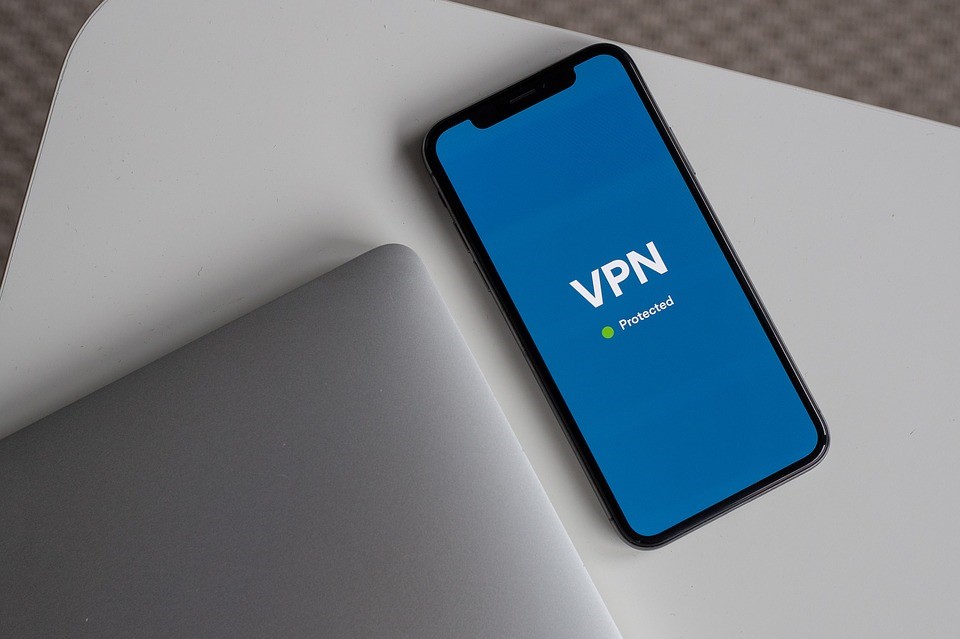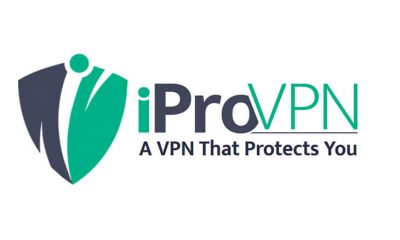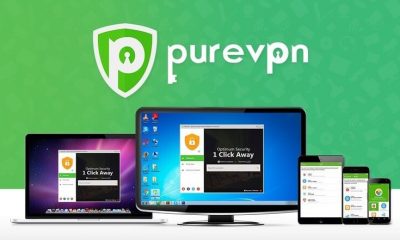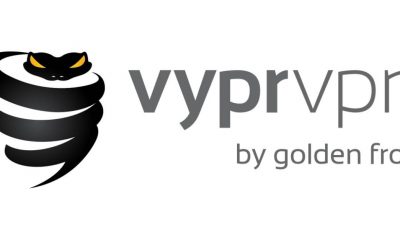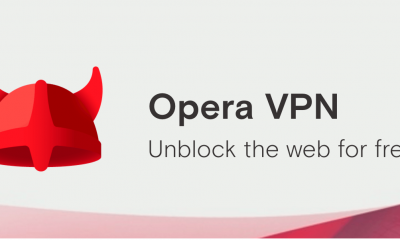What is a VPN and how does it work?
VPN stands for Virtual Private Network. The VPN wraps your data (emails, instant messages, and cloud storage) in a secure tunnel that is encrypted to protect your information while it travels from one location to another. When you use the internet on public Wi-Fi, hackers can intercept and access all of this sensitive information which can include credit card numbers, bank account information, and passwords. VPNs are essentially protecting you from these criminals when you use public Wi-Fi connections – but how? A VPN creates a secure tunnel between your device (phone, tablet, or computer) and the VPN provider’s network which makes it almost impossible for someone to intercept your data. This way hackers will only see the VPN’s IP address which is the online location of the VPN, instead of your real IP address.
What Are VPNs Used For?
VPNs are used by companies to protect their data in transit, but they can also be useful for personal use! VPN benefits include protecting credit card information when shopping online or banking on public Wi-Fi, keeping your data safe on a public Wi-Fi connection, and bypassing censorship restrictions. VPNs can be used to watch movies or television shows from other countries by changing the VPN’s location – allowing you to see content that is not available in your country of residence!
How Do I Use A VPN?
There are several different VPN providers, some you can download directly on your device, and others require a connection through the VPN provider’s website. VPN services are subscription-based which means they usually cost money. In this case, it is a good idea to explore online sources where you may come across sites that provide VPN discount coupons. This will provide you with a chance to save on the fees you have to pay to subscribe to a VPN service. However, there are free VPN providers available as well! When you purchase a VPN service, an app will be downloaded onto your computer or phone to allow access to the VPN network. VPN providers set VPN servers in specific countries around the world, and you can choose which VPN server to use. The VPN server’s location will determine where your data is sent – allowing you to select a country that works best for your needs! This means that VPN users in Australia can connect to VPN servers located in the US, and then use an American VPN server that will provide them with access to all of their favorite sites! People who travel a lot of people living abroad may benefit from using VPN. In many countries around the world, censorship is very common – VPN allows you to bypass these restrictions by making your internet appear as if it’s coming from a VPN server in another country, allowing you to access all of the websites that are restricted! VPN is ideal for people who work remotely and need reliable access to their company sites. People living abroad may find themselves unable to access certain content because they are not located within the same region or country that the content originates from. VPN allows you to overcome this problem by connecting you with VPN servers located in other countries, and if necessary – another region! This means that VPN users living outside of Australia can connect to a VPN server in Australia, allowing them access to all of their favorite sites restricted within ‘Australia Only’.
What Are VPN Benefits?
With all of this talk about how VPNs work and what they do for you, VPN benefits should be taken into consideration as well. VPNs can provide you with a level of protection and security that is unparalleled by any other type of internet connection – which makes them incredibly useful! VPN services also offer different features such as unlimited bandwidth and no traffic logs. However, it’s important to research the VPN service before subscribing because not all VPNs offer the same VPN benefits. VPN providers also have different protocols which determine how your data is transferred and protected between servers – some are more secure than others! When you use a VPN, all of your internet traffic travels through an encrypted tunnel from one server to another before it reaches its original location. Your ISP cannot see what VPN services you are using, and VPNs help prevent your activity from being tracked by third parties! VPN benefits include protection against cybercrime, access to content that is restricted in specific countries, privacy when browsing the web, and secure online banking. VPN providers provide different servers around the world so you can choose a location that works best for your needs. Lastly, VPN provides you with the ability to protect yourself from identity theft, surveillance, and other types of cybercrime. VPN encrypts data sent over public networks such as those found in airports and cafes – making it very difficult for anyone to intercept your information! VPN also makes it more challenging for advertisers to track where you go online, which means that they won’t be able to build up a complete profile of your interests and online behavior. VPNs can be an excellent tool for privacy and security online, but they’re not without their drawbacks. It’s important to understand when you should use a VPN or how it works before downloading one onto your device. Exert the effort to research to find answers to any questions you have about this technology so that you can make the best decision possible when choosing whether or not to protect yourself with a virtual private network!
